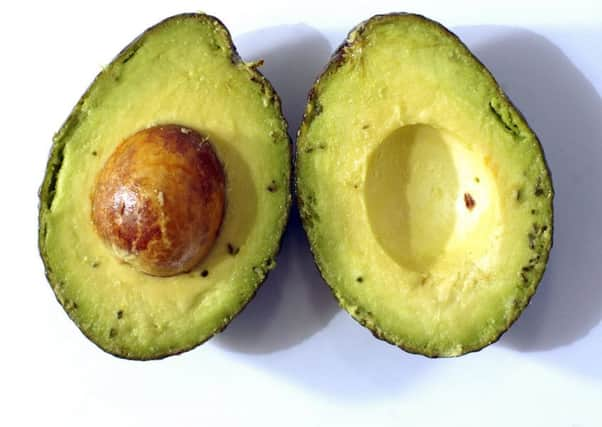Jamie Stewart: Vegan diet in schools would ruin environment


It’s not surprising that a representative of PETA has sought to inflict their lifestyle preference on to others, but it is concerning that children are being targeted for publicity.
In her defence of veganism as a compulsory lifestyle, Bekhechi cleverly uses adverbs such as “probably” and “partly” to hide the facts behind her argument. Her suggestion that being a vegan will “probably” make them healthier is simply not true and lacking in evidence. “Probably” is not the basis on which educators should be educating our children. Suggesting otherwise is grossly irresponsible. It’s commendable that people, particularly the millennial generation, are questioning the sustainability of the food that they eat, but scrapping meat really isn’t the way forward.
Advertisement
Hide AdAdvertisement
Hide AdBekhechi fails to point out that her preferred vegan lifestyle – if forced on everyone – would mean that beef and dairy cattle would be phased out, as well as sheep and lambs; destroying people’s livelihoods and fundamentally changing the way the countryside looks and operates. The pasture land used in livestock farming creates a habitat for other wild species, especially insects, which would therefore also go. It’s one thing for PETA to make sweeping statements for clickbait, but it is incredibly dangerous for them to not explain what the long-term impact on the environment and landscape would be like if they got their way.
There are numerous ways to reduce the impact of your diet on the environment, including reducing the amount of food you waste, considering where your food has come from and how far it has travelled to get to your plate, or how many chemicals have been used to produce it.
For example, if you want to single out beef, look at how far the beef you are eating is travelling before reaching your plate. Our farmers here in Scotland and the rest of the United Kingdom comply with some of the highest environmental and ethical standards in the world. The more local and closer to home you source your beef, the less of a carbon footprint it will leave. Simply adopting a vegan diet, that is highly dependent on imported exotic produce like avocados (if one is to have any enjoyment) or quinoa for protein, is equally as damaging in terms of the carbon footprint as it is transported from further afield.
The educational facilities falling under Edinburgh City Council would be better versed in helping our young adults research the viability of a sustainable diet with a range of protein from our wild living deer and game birds to the fish from our inland fresh waters and fabulous coast and the abundance of cereal and crops grown throughout our country.
There are a growing number of case studies of people who have dropped veganism, all of which are readily available online for you to investigate. In every case, the vegan diet has been cited as causing or contributing to health problems including, but not limited to, chronic fatigue and irritable bowel syndrome; that have since vanished when returning to meat, eggs and dairy. Having to rely on supplementary tablets to sustain a vegan diet while attempting to maintain healthy levels of Vitamin B12, iron and vitamin D, doesn’t exactly fill you with confidence that the vegan lifestyle is all it’s cracked up to be. I know I would sooner my children source their vitamins and iron from a balanced diet of meat and vegetables, not tablets.
Ultimately you need to decide what matters to you and what changes are realistic for you and your family to make. Schools work hard to produce a balanced and healthy menu already. It is not for an extremist, political animal rights group like PETA to wade in with poorly cited facts, demanding that schools follow their desired lifestyle choice.
Jamie Stewart is the Director of the Scottish Countryside Alliance, countryside-alliance.org